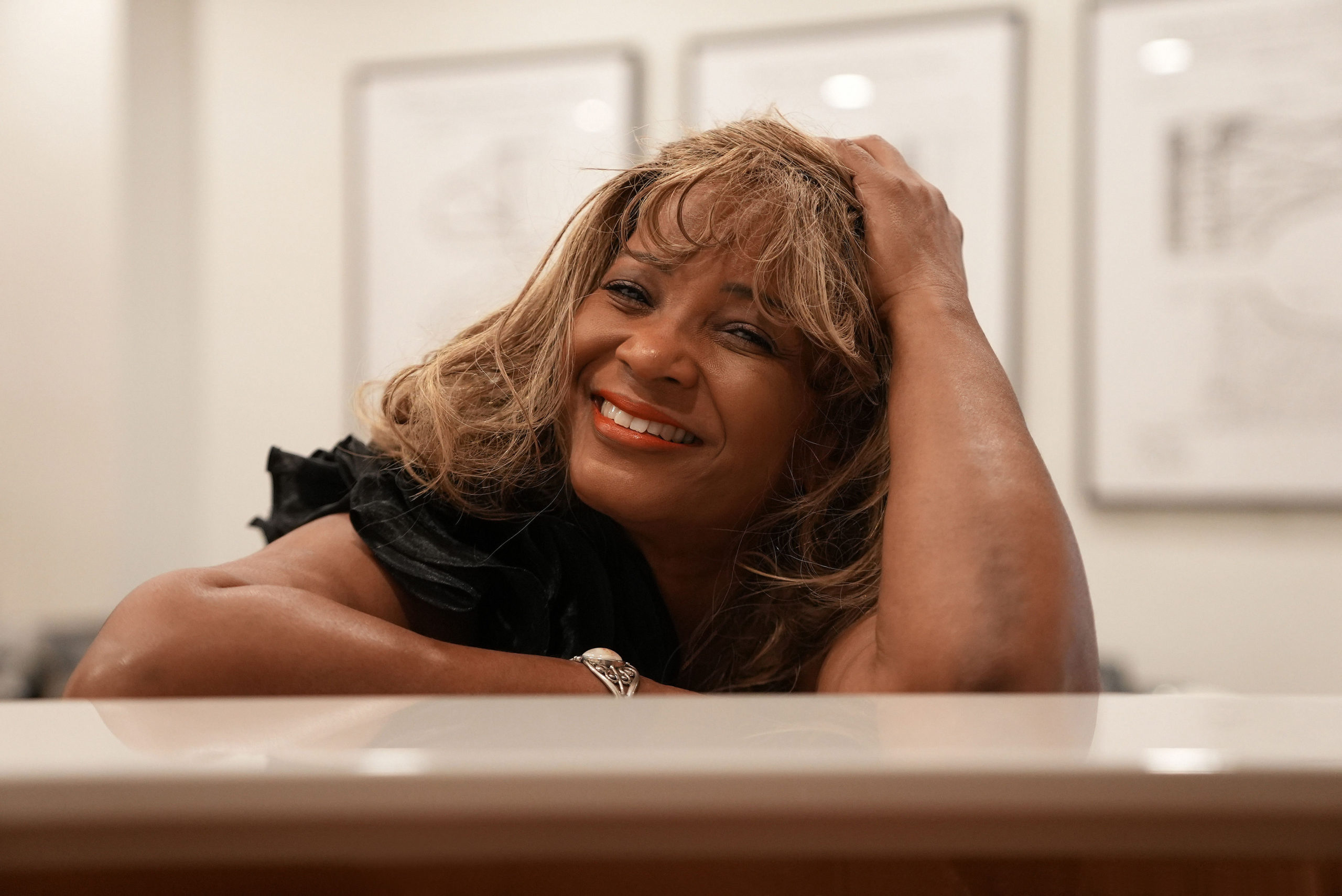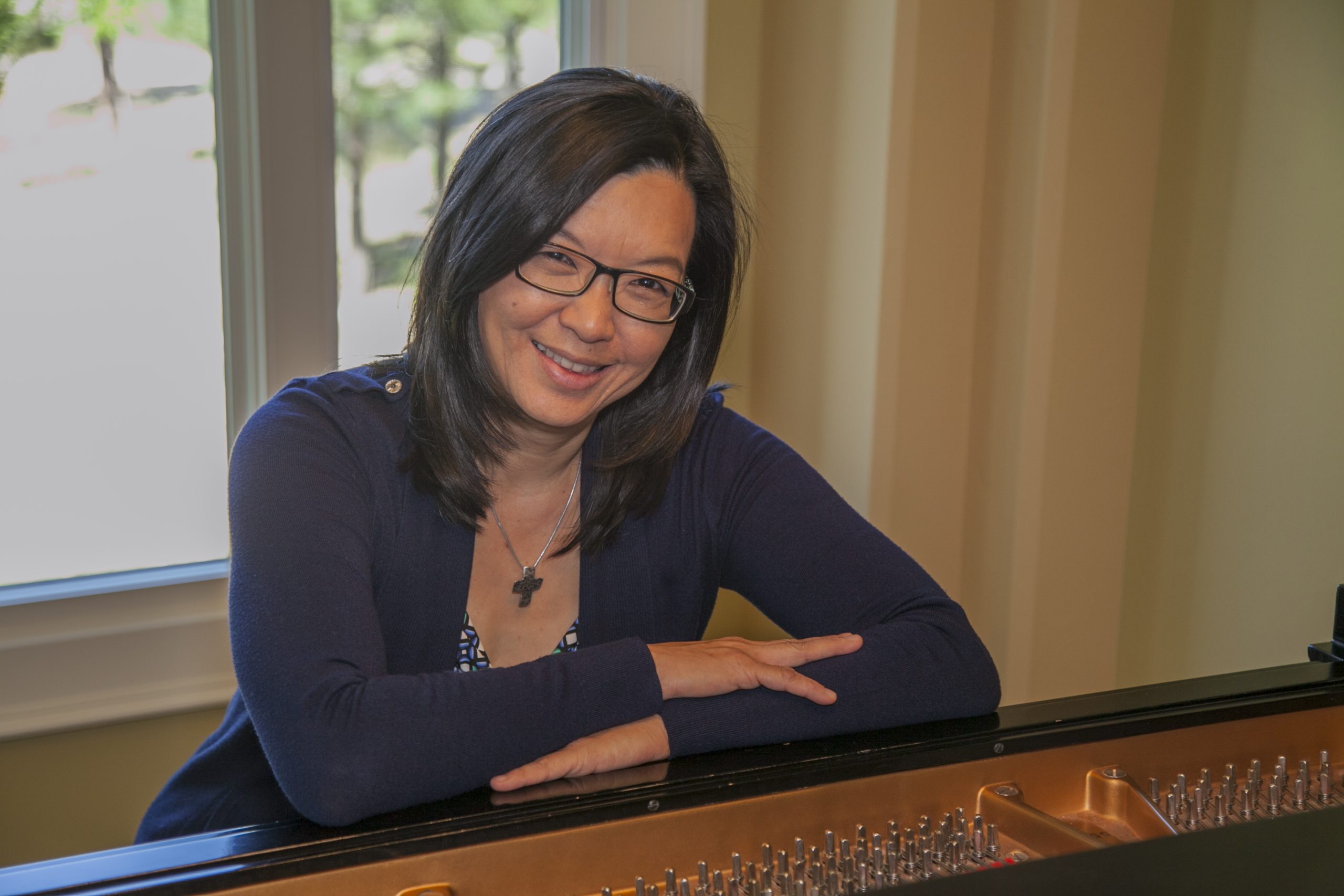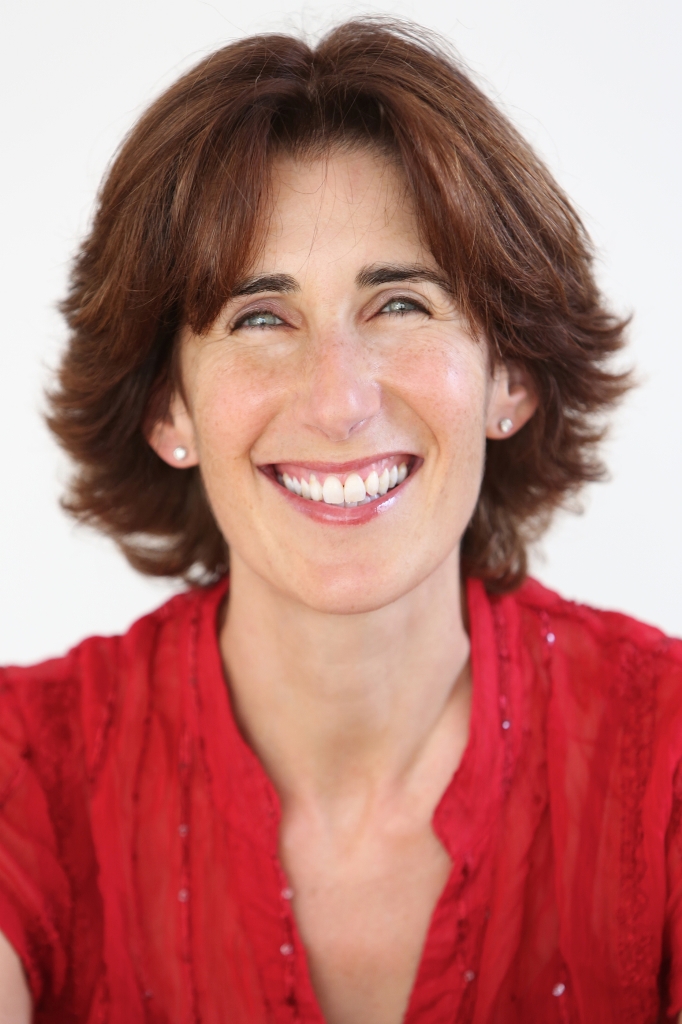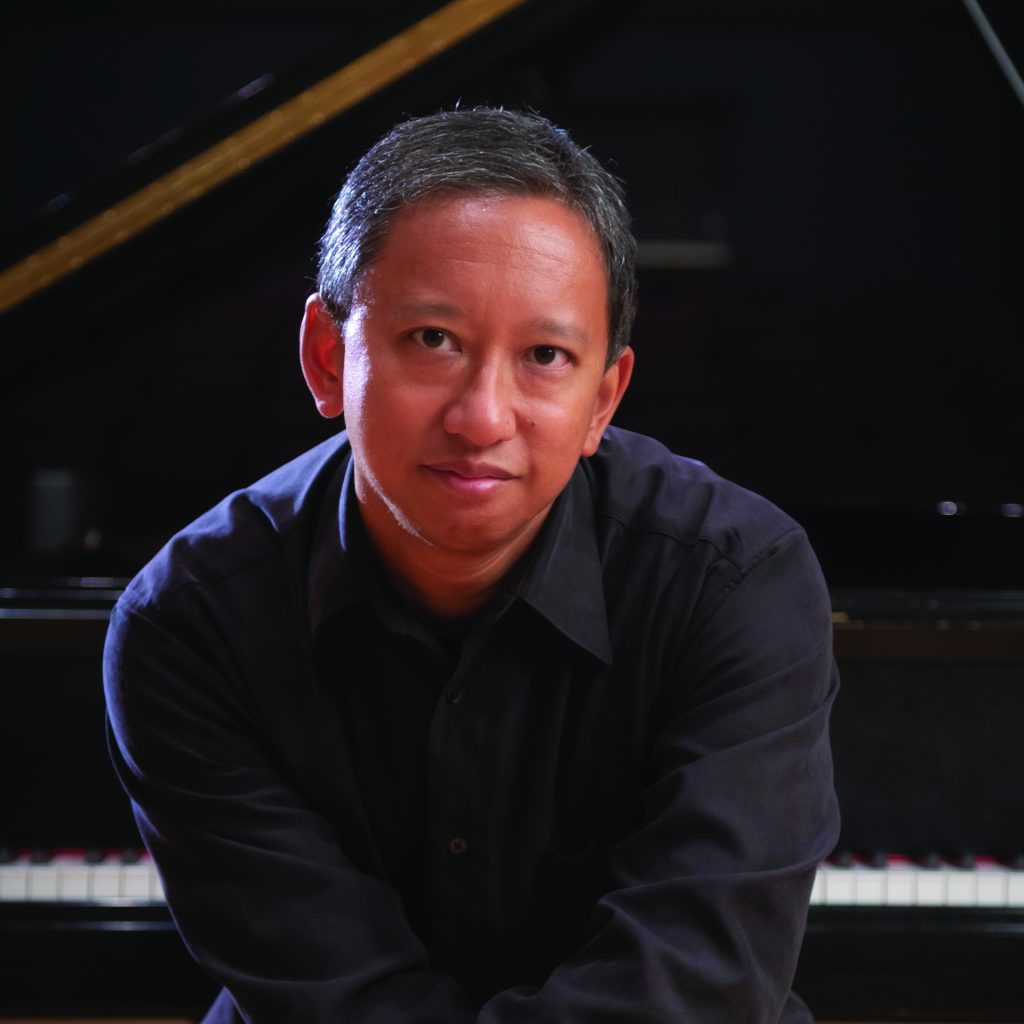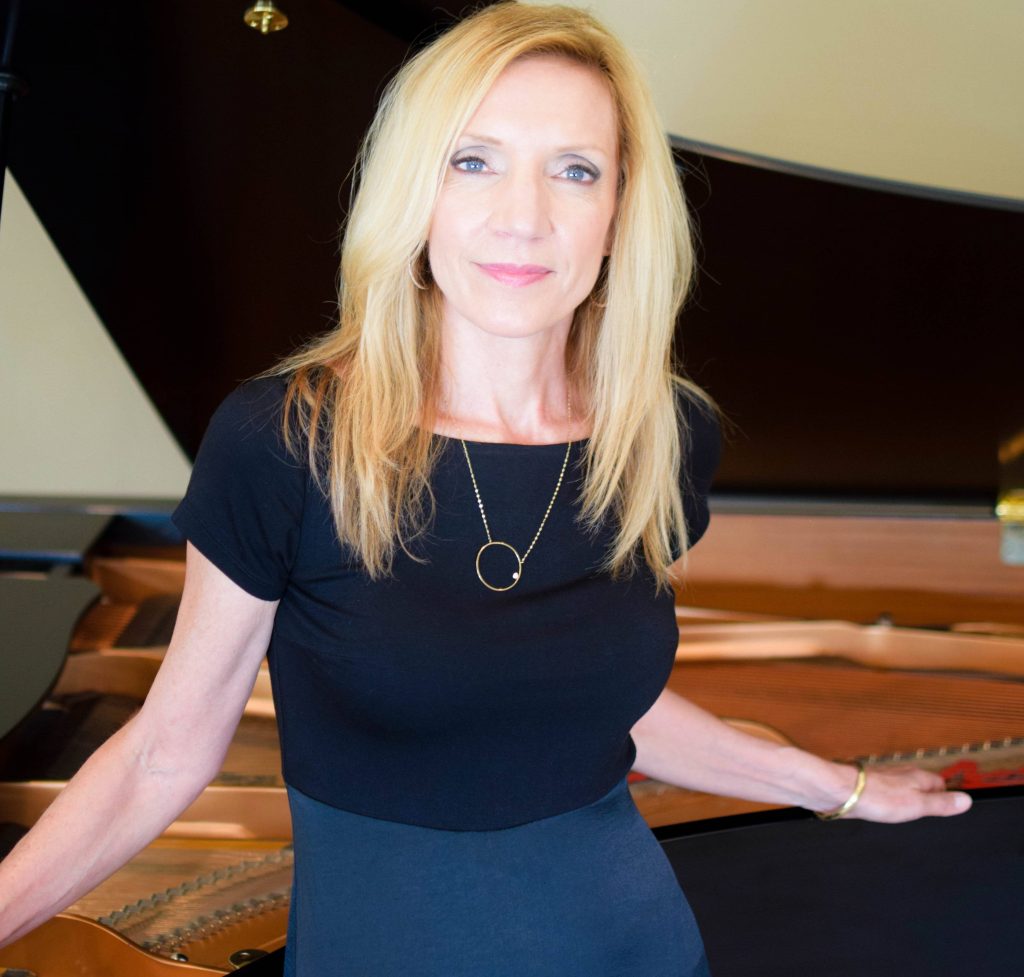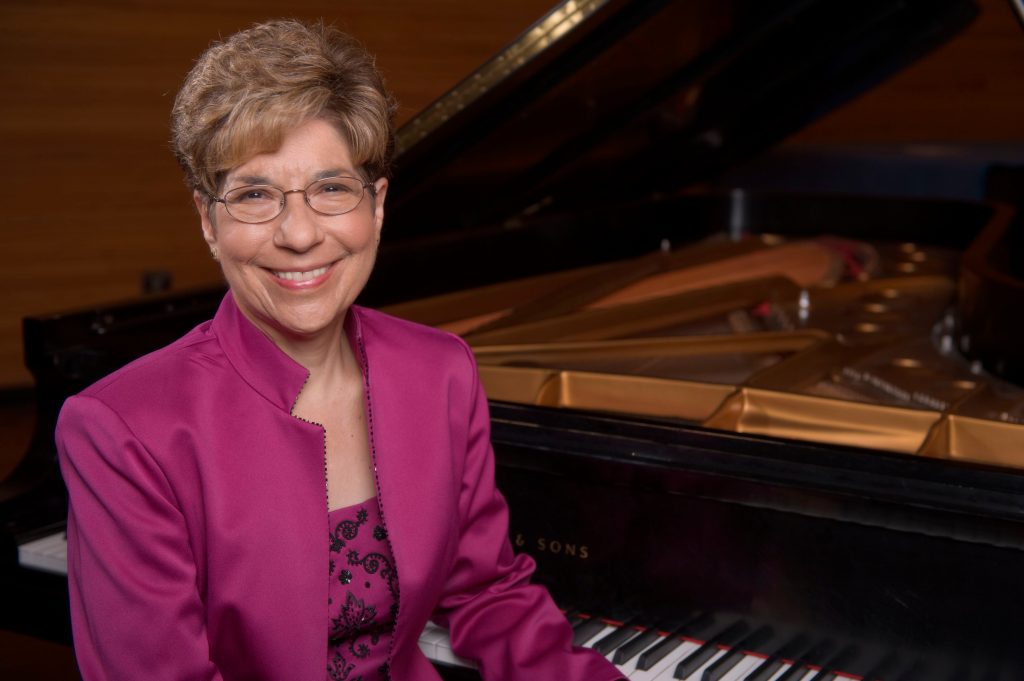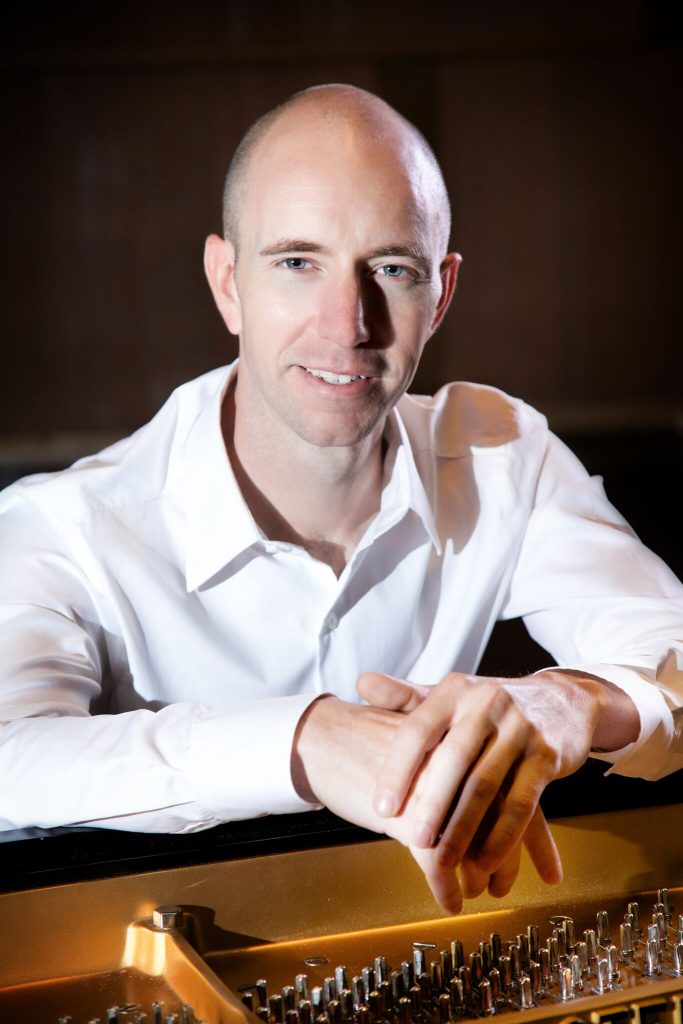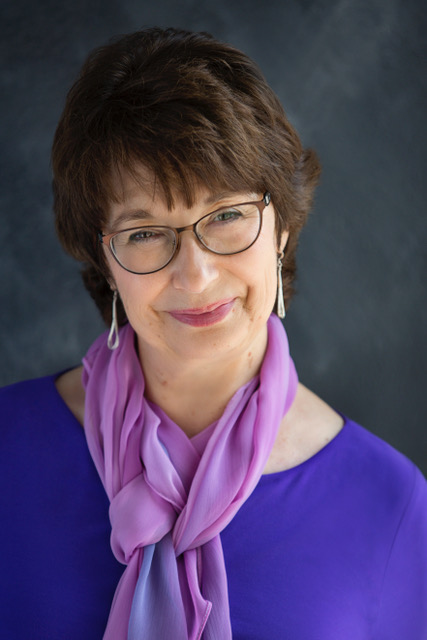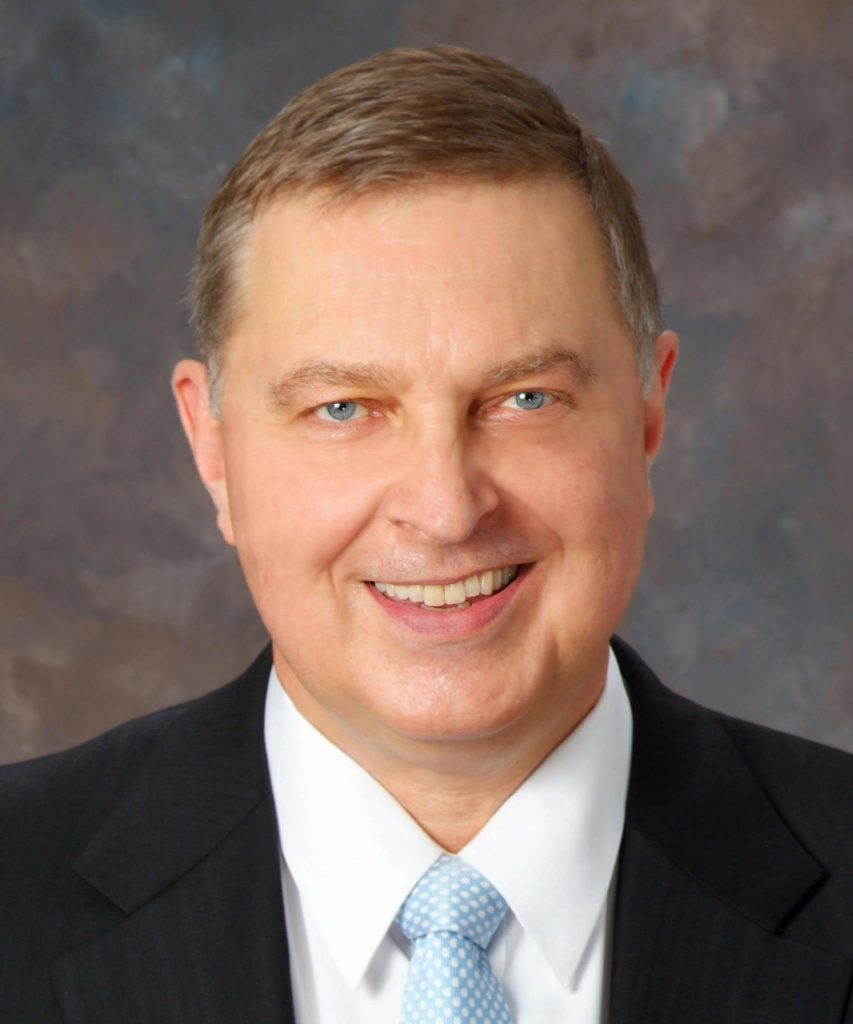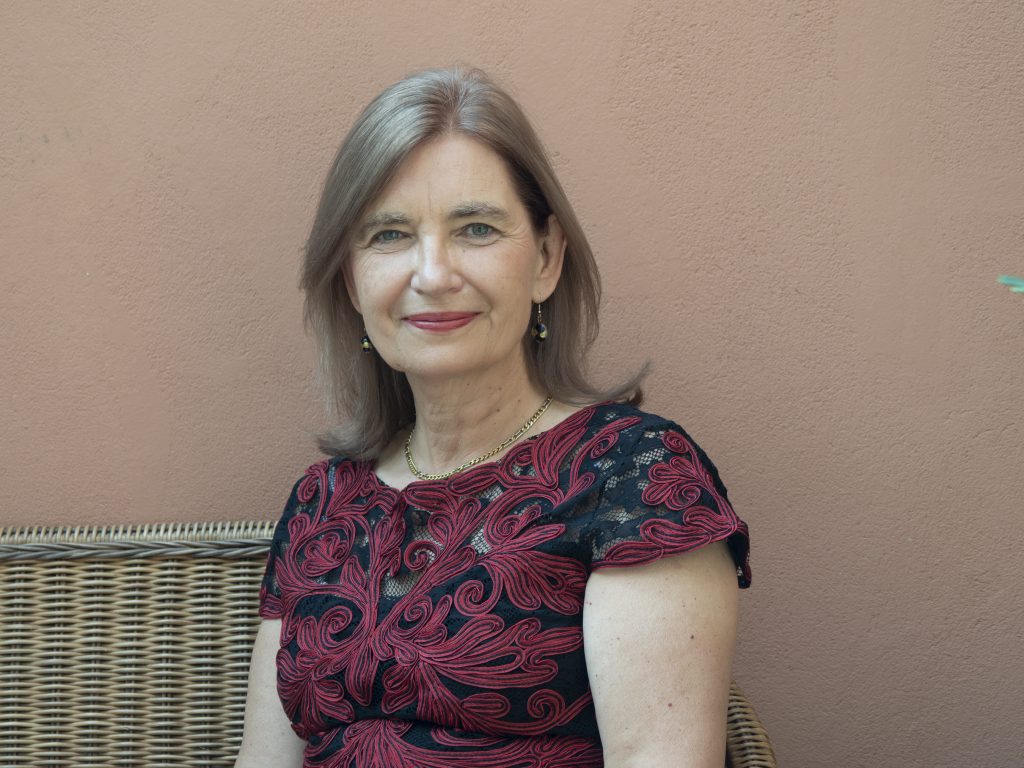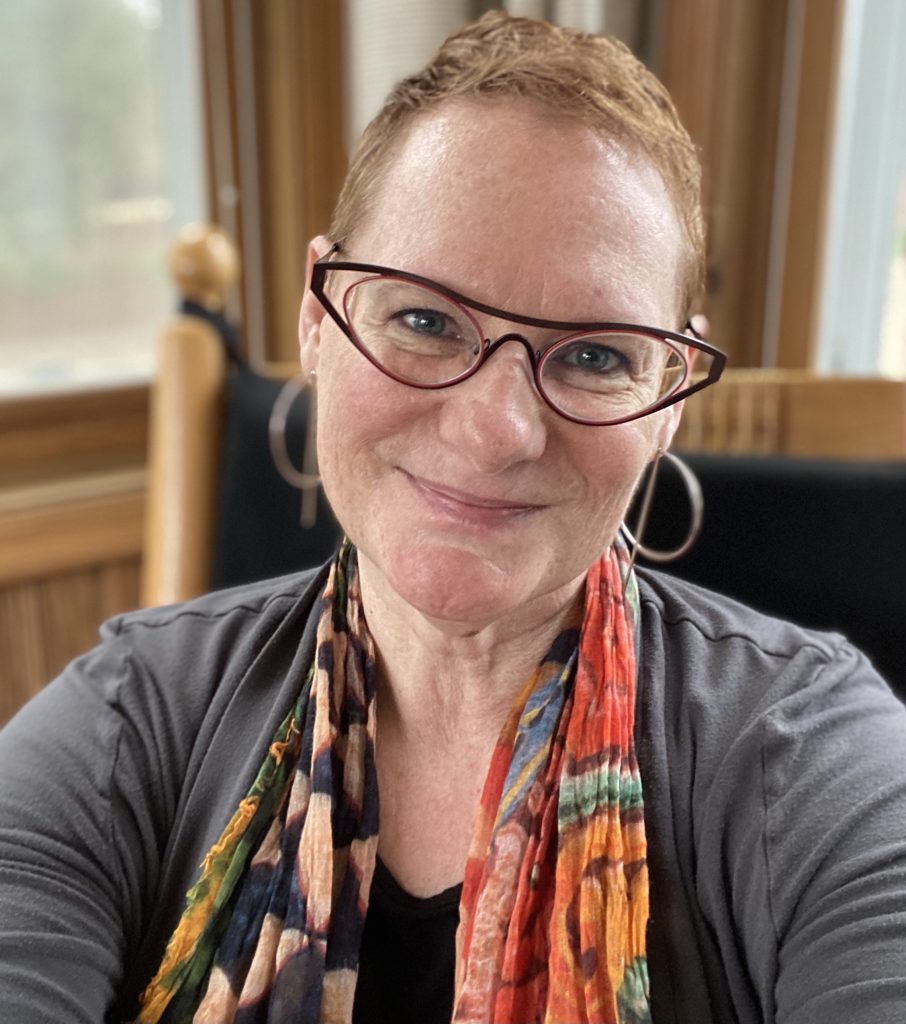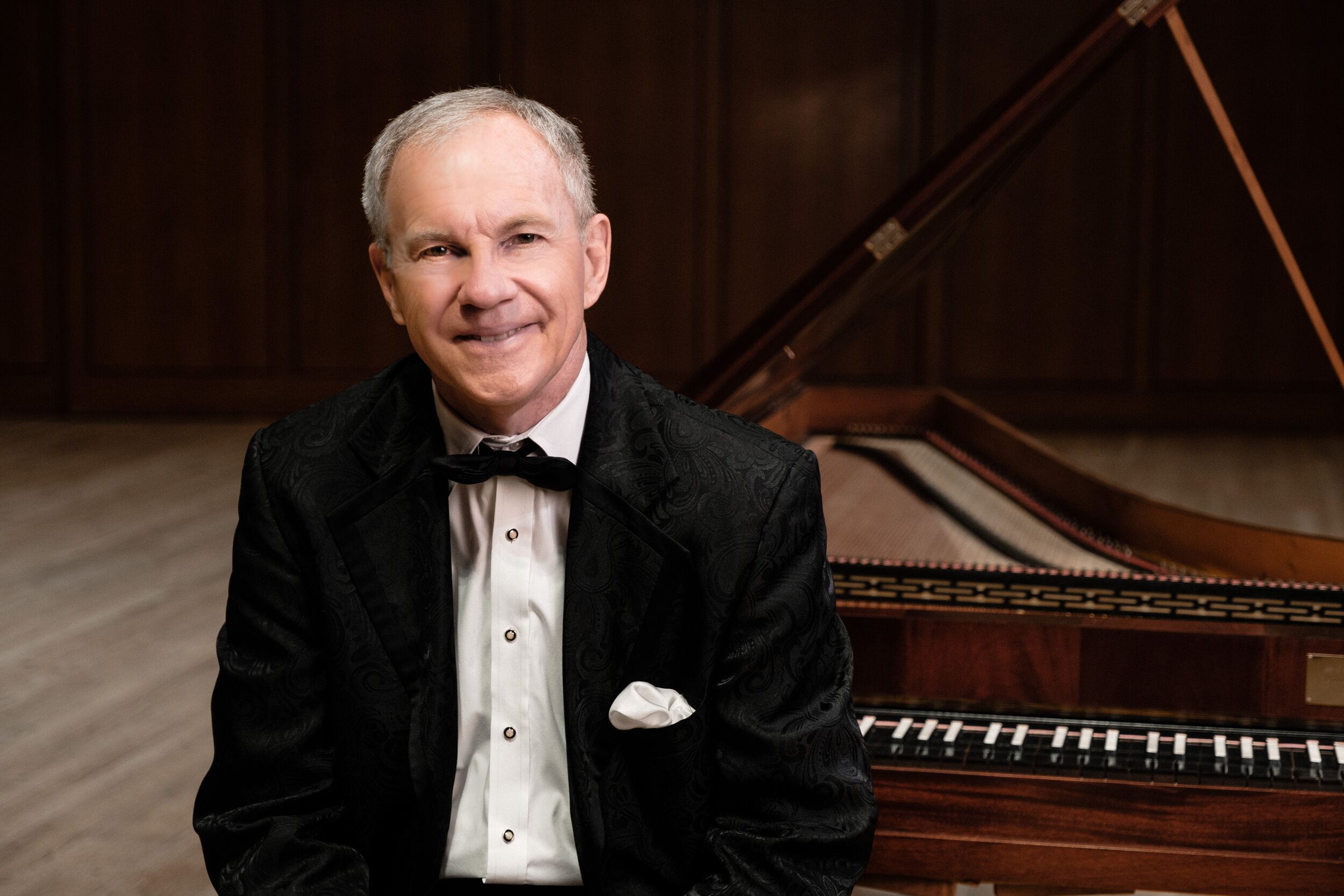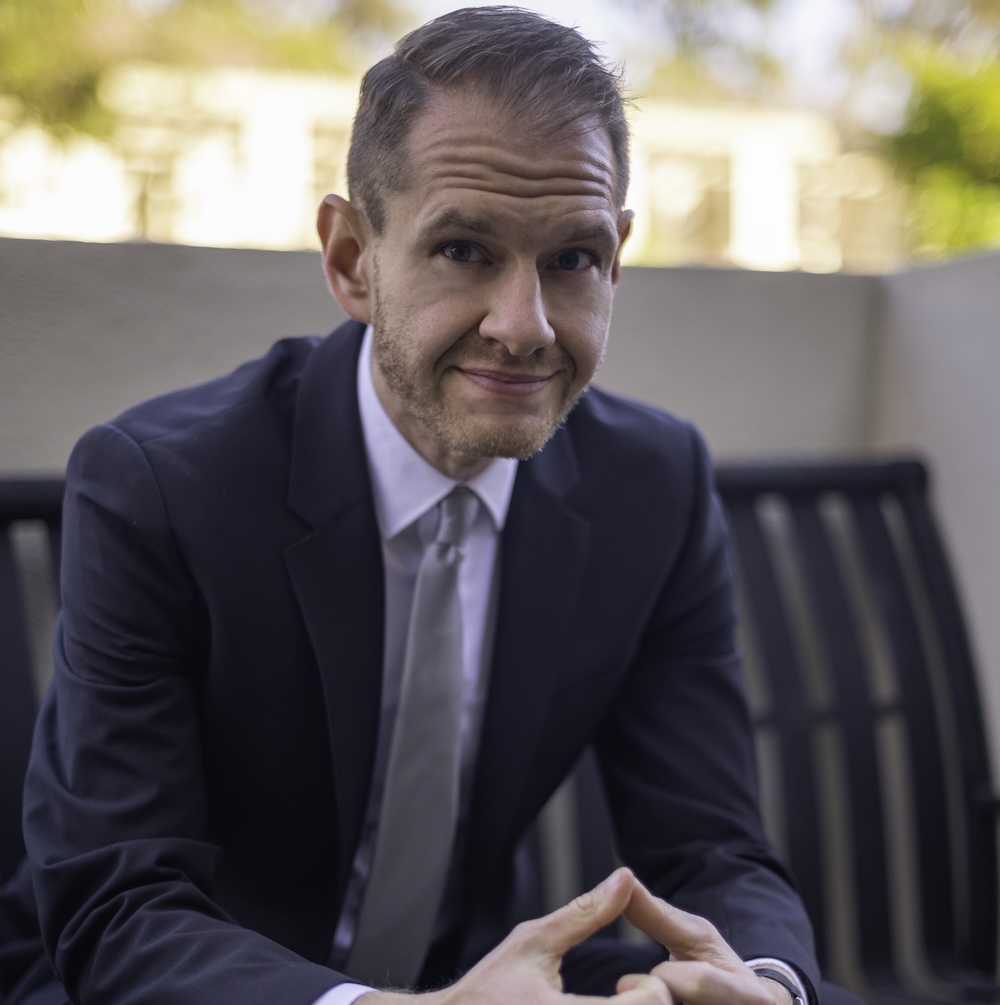On Friday, July 25th from 2:00-4:00pm, The Piano Conference: NCKP 2025 will present PEDx talks, highlighting exemplary work and projects performed by members of our community. In celebration, we are sharing this excerpt from Rochelle Sennet’s appearance on the Piano Inspires Podcast. Interested in hearing more from Sennet? Register for The Piano Conference: NCKP 2025 today by clicking here.
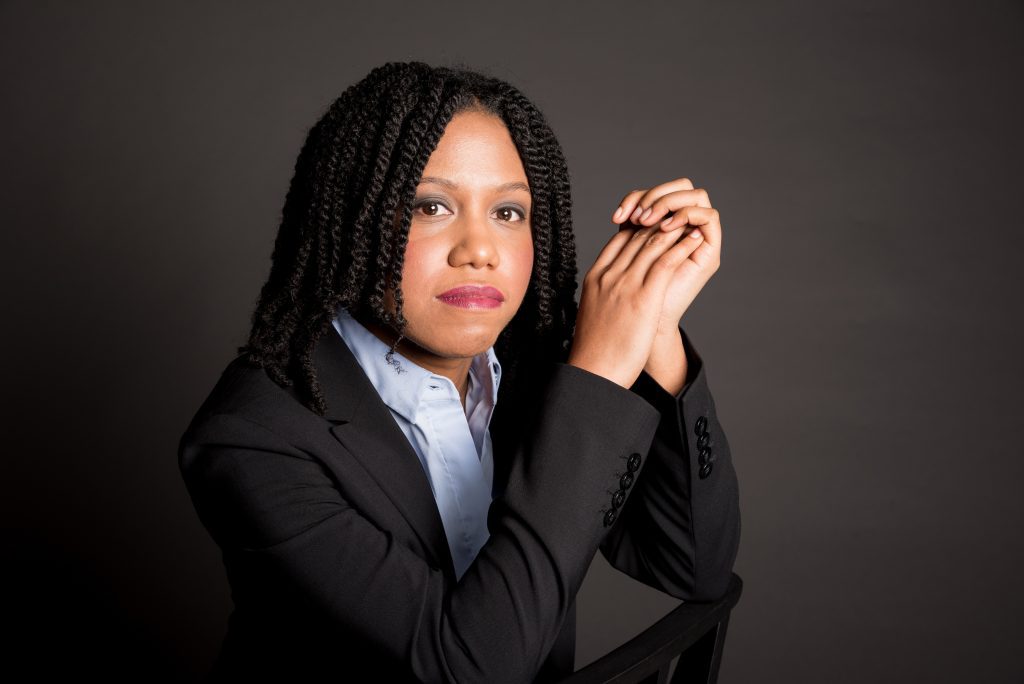
Sara Ernst: I’m getting the sense that you have a laser vision towards something, and if you put your mind on it, it’s going to happen.
Rochelle Sennet: That’s it. [laugh] Yeah, I will own that. Yes. I was that kid. I’m still that adult.
SE: Yeah, no, I love that. Now my question is, if you’ve now had a student like that? How has that experience been for you when you see that in a student?
RS: It’s the coolest thing because I can at least be able to explore this, try this, and try this. And this is why, if a student immediately [wants] to specialize in only one composer—and I understand where that is and try this, you don’t want to stifle that—but then that’s where I like to share my story, yeah, to say you never know. And this is the part where you learn everything. And even if you come away from saying you’ll never, ever play Mozart, or ever, ever play J.S. Bach, ever again, you could at least be able to teach your own students and say, “Hey, maybe it doesn’t connect with me, but at least be able to play it, at least keep the options open.”
So yes, it’s actually always fun when I get students that are just very energetic or just have a lot of focus. But I also recognize that I don’t get a lot of students that [say] “this is what I definitely want to do.” And of course, we all started with one thing, and then come out [of] college with something different. A lot of us do, yeah. It’s always a hard line to, I mean, [a] fine line to walk, because you don’t want to stifle a student’s creative energy just when you figure out what makes them tick. So it’s always a little different with every student.
But I also, what I love about [it] is the problem solving [part] myself. Yeah, you figure out, just even with something technical, or just figuring out, what is it that makes this student tick with the composer that they are connecting with, and why [by] just listening to them. And then, if they like this, maybe they might like this or this. And so I’m just problem-solving. You want the students to be able to play pieces that they love. And they enjoy. That’s why we do music in the first place. And so I never want to be that teacher to stifle that energy. And also, I want to use that time that I have with the students, to also try this and to encourage them to stay open as well.
SE: So it sounds like you might be a “yes” teacher, in the sense, if your student brings you an idea, you’d say, “Yes, let’s.”
RS: Depends. It’s a yes, no.
SE: [Laugh] So you are a “yes–no” teacher.
RS: In fact, someone’s students, actually, they’ve heard me say this. Well, they asked me a question: “Well, should I do it this way?” “Yes, no.” I’ll say why there’s a yes, and then why there’s a no.
SE: Oh, I love this. Can you give an example of that?
RS: So a student might ask, “Well, do you want me to play it that way?” “Yes, no. No, because it’s not what I [want]. [You] are going to be telling the story. So let me explain why this is important.” You give the background, and so then, “Let me show you this way and why this way doesn’t work.” Whether something technical, try it this way, you see what if you’re trying to think about being more proficient getting from key A to key B, if you’re doing extra movements, that’s not efficient. So just something like that is why there’s the “yes,” and here’s why there’s the “no,” and you explain. So my students also know that I want them to be successful. And sometimes that can be some conversations that will also have them think about things. But [being a] “yes” teacher, my students will probably say, I am far from that.
If you enjoyed this excerpt from Piano Inspires Podcast’s latest episode, listen to the entire episode with Rochelle Sennet on Apple Podcasts, Spotify, YouTube, or our website!
MORE ON ROCHELLE SENNET
- THE PIANO CONFERENCE: NCKP 2025: Announcing the Keynote Speakers, Jazz Artists, PEDx Speakers, and Concert Artists of The Piano Conference: NCKP 2025
- EVENT: Peer Connections: Building Professional Spaces for Belonging with Fanarelia Guerrero López, April Kim, Luis Sanchez, Rochelle Sennet, and Yeeseon Kwon
- THE PIANO CONFERENCE: NCKP 2025: 2025 Guests
